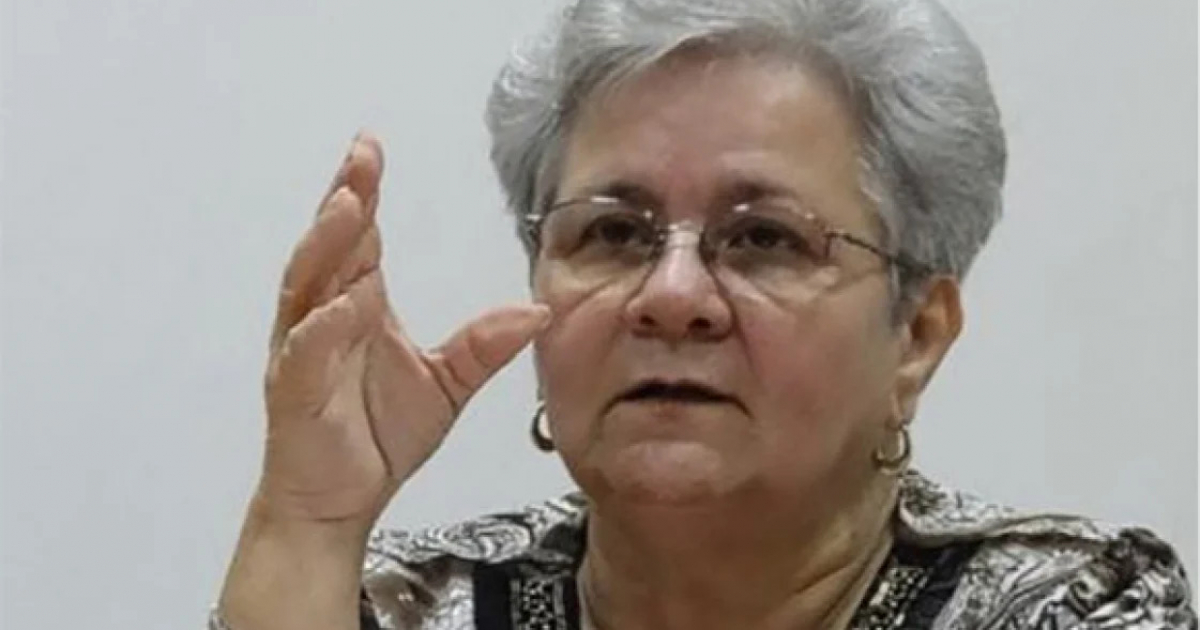
The Cuban regime replaced Gladys Bejerano Portela as the Comptroller General of the Republic this Friday, after 14 years in the position.
According to the ruler Miguel Díaz-Canel, the change is part of the cadre renewal process.
Díaz-Canel acknowledged the work of Bejerano, 77 years old, and her role as the founder of the Comptroller's Office.
"Its ethical and revolutionary behavior is an example of a communist militant for everyone," he said.
He subsequently proposed Mirian Marbán González for the position, who had been serving as the first deputy controller general since 2018.
The announcement was made during the session of the National Assembly, where the deputies elected Bejerano's replacement. The official portal Cubadebate reported that after Díaz-Canel's "proposal," they voted and approved it.
Marbán González, 48 years old, holds a degree in History and in Accounting and Finance, and has been a member of the Central Committee of the Party since 2016.
Bejerano, the chief auditor of ministries and companies in the country, has been dismissed amid the regime's much-publicized campaign against corruption.
It is noteworthy that his dismissal comes two months after he spoke publicly about the detention of former Minister of Economy, Alejandro Gil, who was dismissed in February and is under investigation for corruption charges.
Bejerano Portela, who served as vice president of the Council of State from 2009 to 2019, called what happened a "betrayal" and emphasized that one does not fall into corruption "parachuting in," but rather it is a process of decomposition.
In an interview with the Efe agency, he admitted that periods of scarcity and crisis favor illegal activities, but he criticized those who take advantage of those moments even "cruelly."
"Corruption is decomposition; it is a process of loss of values, of self-esteem, of self-respect, and that puts one on that path," he added that some corrupt individuals are "due to self-sufficiency, vanity, and arrogance."
In recent months, several high-ranking officials have been removed from their positions.
In May, the Council of State of Cuba dismissed Ricardo Cabrisas as Minister of Foreign Trade and Foreign Investment, although he remained in his position as Deputy Prime Minister.
Other ousted political figures include governors, vice governors, and provincial first secretaries of the Party. The common practice of the regime is not to disclose the reasons for the "thunderbolts."
What do you think?
COMMENTFiled under: